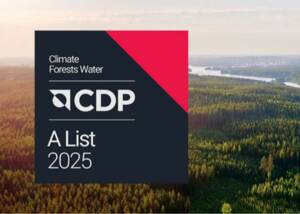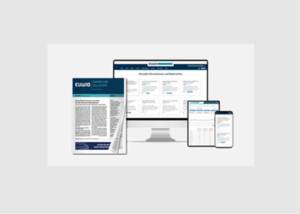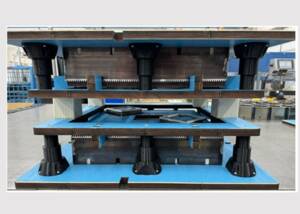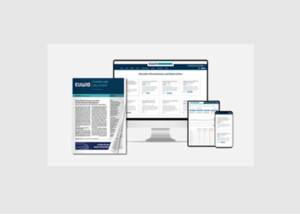It’s official: Cartonboard can be recycled at least 25 times
News General news
A new university study dispels the myth of a limit on number of recycling loops for fibre based packaging
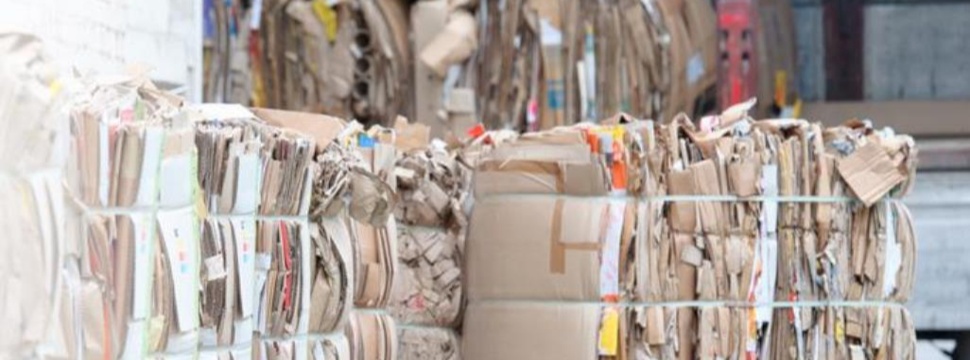
Fibre-based packaging material – paper, board, cartonboard and folding boxes – can be recycled more than 25 times with little to no loss of integrity, according to latest, independent research.
The 2021 study, conducted by Graz University of Technology in Austria, repeatedly recycled folding cartonboard to understand what effect, if any, there would be on the mechanical property of the material, including its innate strength and crush resistance. “No negative effect on the mechanical properties in question can be demonstrated in this study. The swelling capacity of the fibre also showed no negative trend,” the university reported.
Winfried Muehling, General Manager of Pro Carton, the European association for carton and cartonboard manufacturers stressed: “The findings resolutely draw a line under a common myth that fibre-based packaging can only be recycled four to seven times before it loses integrity. It highlights that paper and board fibres are much more durable than previously considered.
“In fact, Rene Eckhart, Senior Scientist at TU Graz, who led the research, believes that the limit on how many times paper, carton and cartonboard can be recycled is actually dictated more by the stock preparation process and achieved collection and recycling quota,” added Muehling.
TU Graz’ study again spotlights cartonboard’s vital contribution to the circular economy and the part it can play in improving the sustainability credentials of businesses and brands; the current recycling rate for paper and board packaging in Europe now stands at approximately 84.2%1 and the European paper industry has set itself a target of a 90% recycling rate by 2030. Cartonboard is also biodegradable, a process commonly known as ‘organic recycling'.
The university report also stresses the eco-benefits of the increased number of recycling loops. “The more often the same item of packaging can be recycled, the more positive its impact on the environment,” states the study.
Winfried Muehling added: “To keep our circular business model running, we will always need a sound mix of virgin and recovered fibre. Some customers have specific product requirements allowing only virgin fibre, for instance those requiring packaging intended for direct food contact with moist or greasy food like chocolate. Other examples include luxury packaging with special requirements regarding the ‘whiteness’ or ‘stiffness’ of the material which will certainly need virgin fibres.
“For our industry it is crucial to collect, sort and recycle all fibre materials in the market. Virgin and recovered fibre are equally important for the circular economy, which is something many of our brands and retailers are looking to support,” concluded Muehling.

